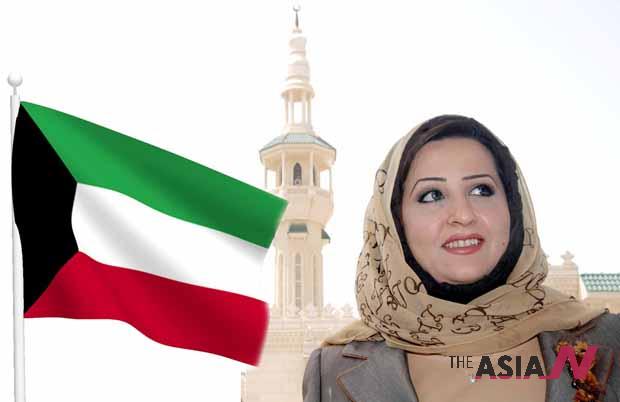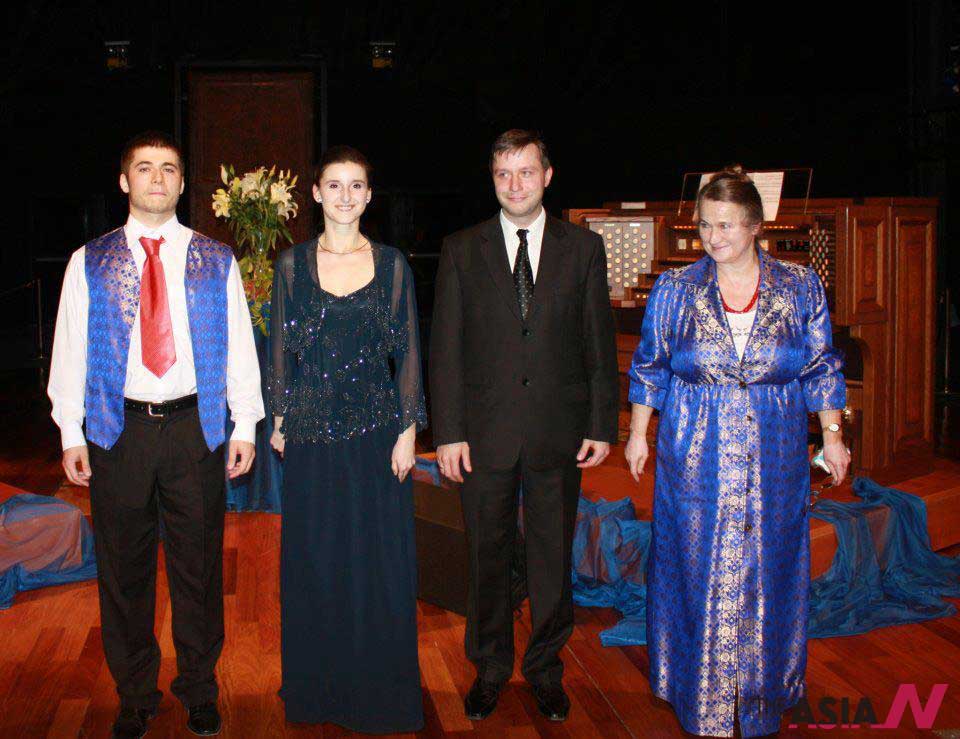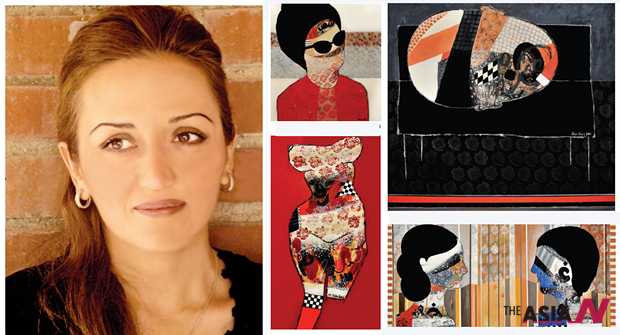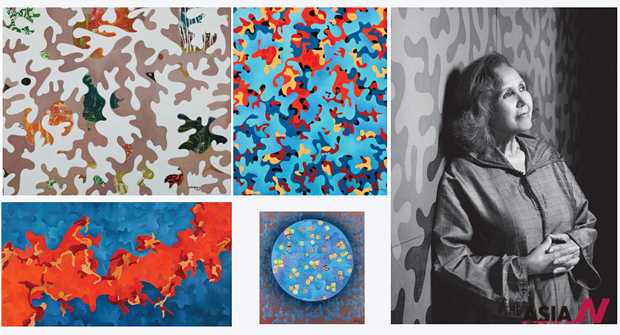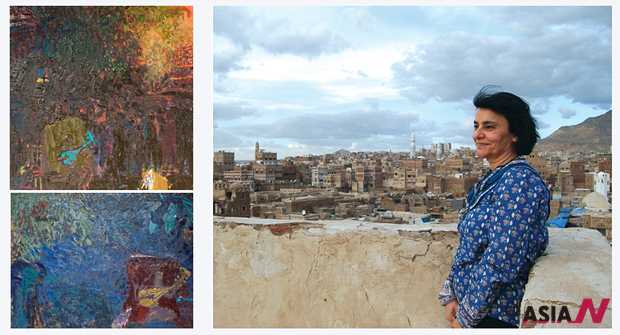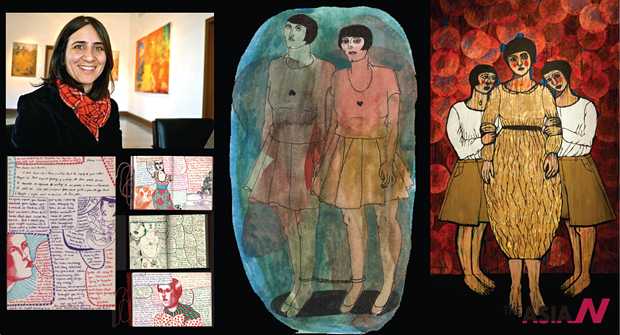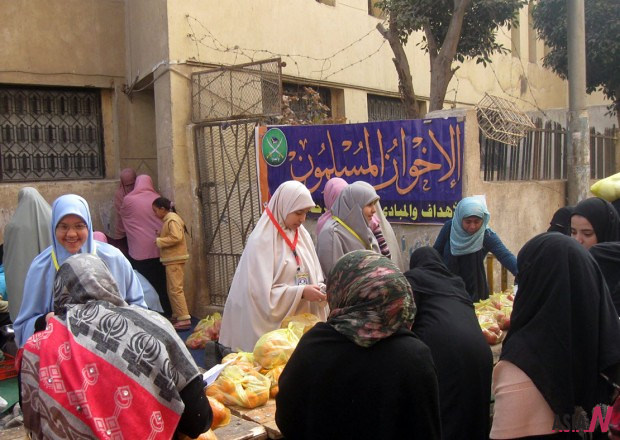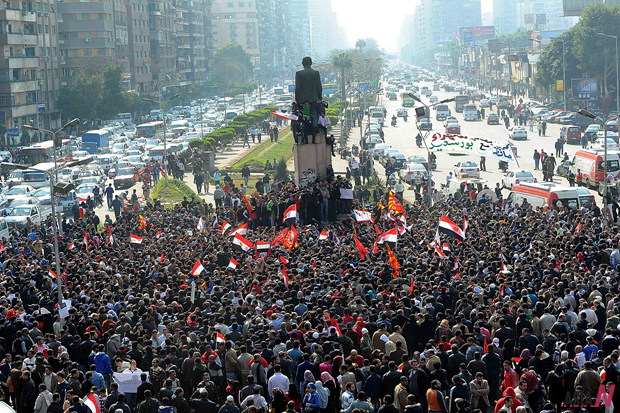
Ashraf’s novels studied in way of fictional narration at University Of Calicut, India
“The Poetic Discourse of the fictional narration in Ashraf Aboul-Yazid’s Novels” is the title approved by University of Calicut for Mrs. Sabeena K. to study to works of the Egyptian poet and novelist Ashraf Aboul-Yazid.
The topic was approved in April 26th. 2012, under the supervising of Dr. Moideenkutty A.B. associate professor in the department of Arabic, Faculty of Language and Literature, University of Calicut, India.
The issue of mixing, overlapping and interfering of the literature genres is currently symbolizing a great concern for the academic research, especially after having increasing numbers of authors who create and express themselves in prose and poetry.
For a single author, this literature marriage of genres has created a type of mechanism that borrows his poetic discourse to be inherited in writing narrative fictional prose.
This research is intended to look for the principles of such process, that is used by the Egyptian novelist and poet Ashraf Aboul-Yazid, who wrote five collections of poetry, and three novels, afterwards, which makes him a distinctive and perfect example to study for discovering and clarifying the manifestations of this poetic discourse in the fictional narration.
The researcher outlines the study by, first, identification the key terms of the research; poetic discourse and fictional narration. Second, surveying relevant previous studies that dealt with the poetic discourse of Arab novelists. Third, determining the elements of poetic discourse in the poetry of Ashraf Aboul-Yazid, through the content analysis of his poems. And finallyfinding how did the mechanisms of poetic discourse work in the fictional narration of the author’s novels: (Shamawes), (31), and (The Backyard Garden).
The term discourse is inherent in the heritage of the Arabic language, as linguist Ibn Manzour (d. 711 CE) said: discourse and communication is a review of speech, and it is known in context that discourse is to speak and address the meanings in words; it is indicated for the meaning of words.
For Arabic language, the “discourse” term shifts us to the level of expressing speech in words, and in the Holy Quran: “we stressed his own throne, and gave him wisdom and decisive discourse.” The “discourse” term may also refers to the “speech” term, on the concept of the text, where it was the concept of text as a result the meaning of showing and erection, as in the dictionary of the Arabic language (Lisan al-Arab), a symbolic lift where the word “text” is submitted to raise the meaning or the material things.
For the linguist Jarjaani, the structure of the speech helps to understand the content of the discourse through the systems, and fixed construction of words that serve the meanings. To conclude, we say that Jarjaani focuses on the logical language, according to the perspective of grammar, and assesses significant speech language on the base of basic parties; for reporting and delivery of the speech.
The fictional narration term is a literary one that means storytelling, directly by the author, or one of the characters in the work, in order to portray the detailed circumstances of the events and literary work crises. It means telling news – irrelevant to reality or not – as a way to write known for stories, novels, biographies and plays. The concept is developed recently in the Arabic criticism.
The word is derived from “Narration” and “Narrative”, in the translated Arabic terms of criticism, including storytelling and informing. The semiotic G. Genette is considered only critic among the first to have fictional narration term as an important stage of analysis. He studied the word “story” in European languages, extracting three meanings: the most obvious and oldest is the spoken narrative, written or oral, and the second is the narrative content, while the third is the event. The researcher’s work shall detect the use of the elements of poetic discourse, in Ashraf Aboul-Yazid’s novels, in an attempt to reach a critical framework for future reading of similar models.
All the three of Ashraf Aboul-Yazid’s Novels were written before the revolution, but Shamawes was the earlier (published in 2007, translated into Korean in 2008) to have the prophecy of January Revolution in Egypt. Later, he wrote “A Backyard Garden” to show the final scene in the life of a revolutionary figures who belonged to the previous Egyptian revolution of 23 July 1952.
The novel that was written 4 years ago, and had its publication delayed for several reasons, finally found its way to light in 2011, which makes its reading a review of the relationship history of Egypt and the Arabs in the decades after the revolution.
After an introduction on the place of scenes entitled “No Man Paradise”, the author divides his novel into four chapters; “Fall of absence”, “Winter of Love”, “Spring of Travel” and “Summer of Return.” The narrative world is showing worlds of plants, travel spaces, different and deep cultures, especially the Indian culture. Even the novel cover shows a picture taken from of a miniature of a “Kama Sutra” scenes, the book of erotic love in India. That cover attracted many Indian readers to look for and read the novel, by those who could read Arabic.
The heroine of the major events says in one of its chapters:” In India I saw heaven and hell together. The contradictions flock under the same sky. I saw mosques and temples. There were Muslims who worship for the whole night and hermits who stay away from the noise of the day. There were shaking minarets, and disappearing ones. There were abandoned gates, paths and crowded. There were houses that do not resemble a designated home of any mark, thrown a little away from palaces that restores the ages of sultans. Rare museums are open to the road, and a fascinating collection under heavy guard. Shrines hugging lacy sky domes, and the graves of stone stretched everywhere. I saw forests of tinplate, trees of cement, walls of canvas, epitaphs of stone, and air of ashes. This photo of these poor people is repeated with millions scattered in the cities of India . I thanked God whenever I passed by them. We write about poverty in Egypt , but we do not see it. Poverty is relative. It is thought to live in an apartment in exchange for the same poor who owns his own house. It is a poor riding a bus in front of a man driving his own car…., but despite our poverty, but we are equal in our humanity, and I felt that real poverty is giving away the humanity.
The novel “A Backyard Garden” is simultaneously published with the release of the author’s third novel “31”, Maktabet al-Mashareq in Cairo , while his first novel “Shamawes” had been published by Dar Al-Ain Publishing, Cairo (2007), and was translated into Korean and Persian.
The Writer has published 5 volumes of poetry, with many of his poems translated into English, Spanish, Italian, Persian, Russian and Turkish. He also has more than 60 travels written of 30 countries, and some of those travels were published in his book “Sirat Musafer’ “The Tale of a Traveler”, Cairo , 2008.
Ashraf aboul-Yazid writes biographies, and devotes much of his ideas for children, as well. He also started his TV program; “The Other” last year, to interview guests from all over the world, introducing their cultures to the Arab viewers. Since 2002, he lives in Kuwait as the editor of Al-Arabi magazine, and last year he became the Editor-in-chief of the Arabic version of The AsiaN.











